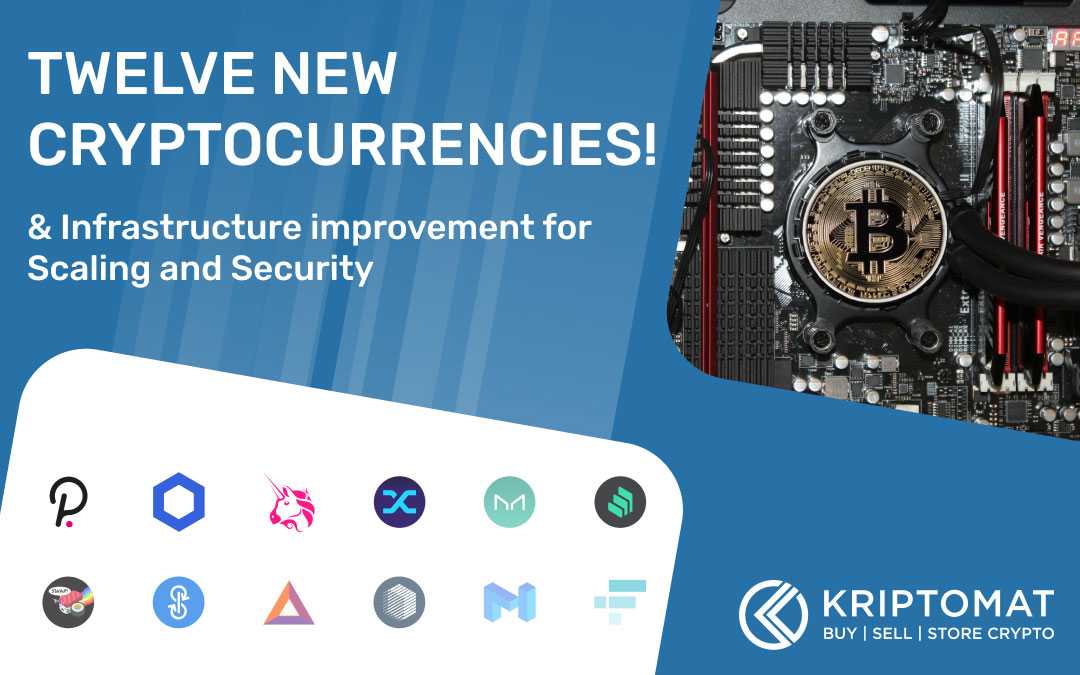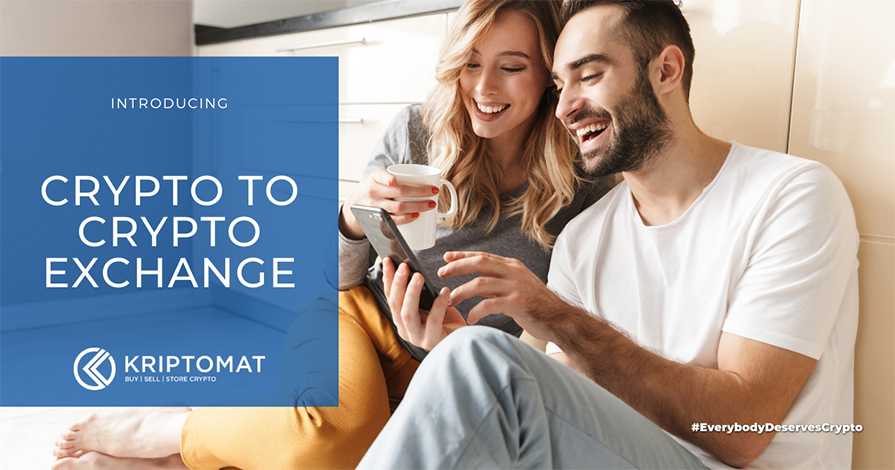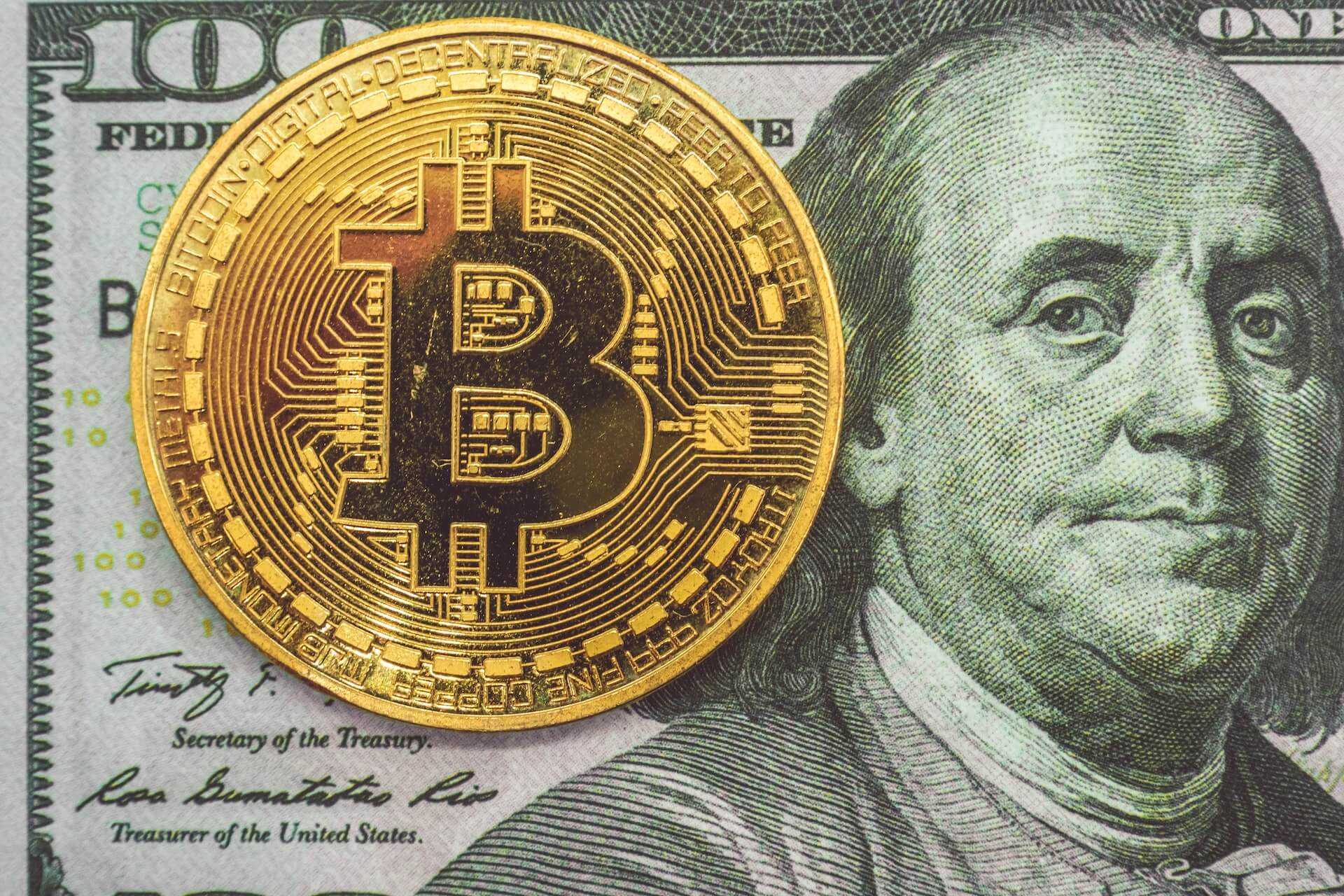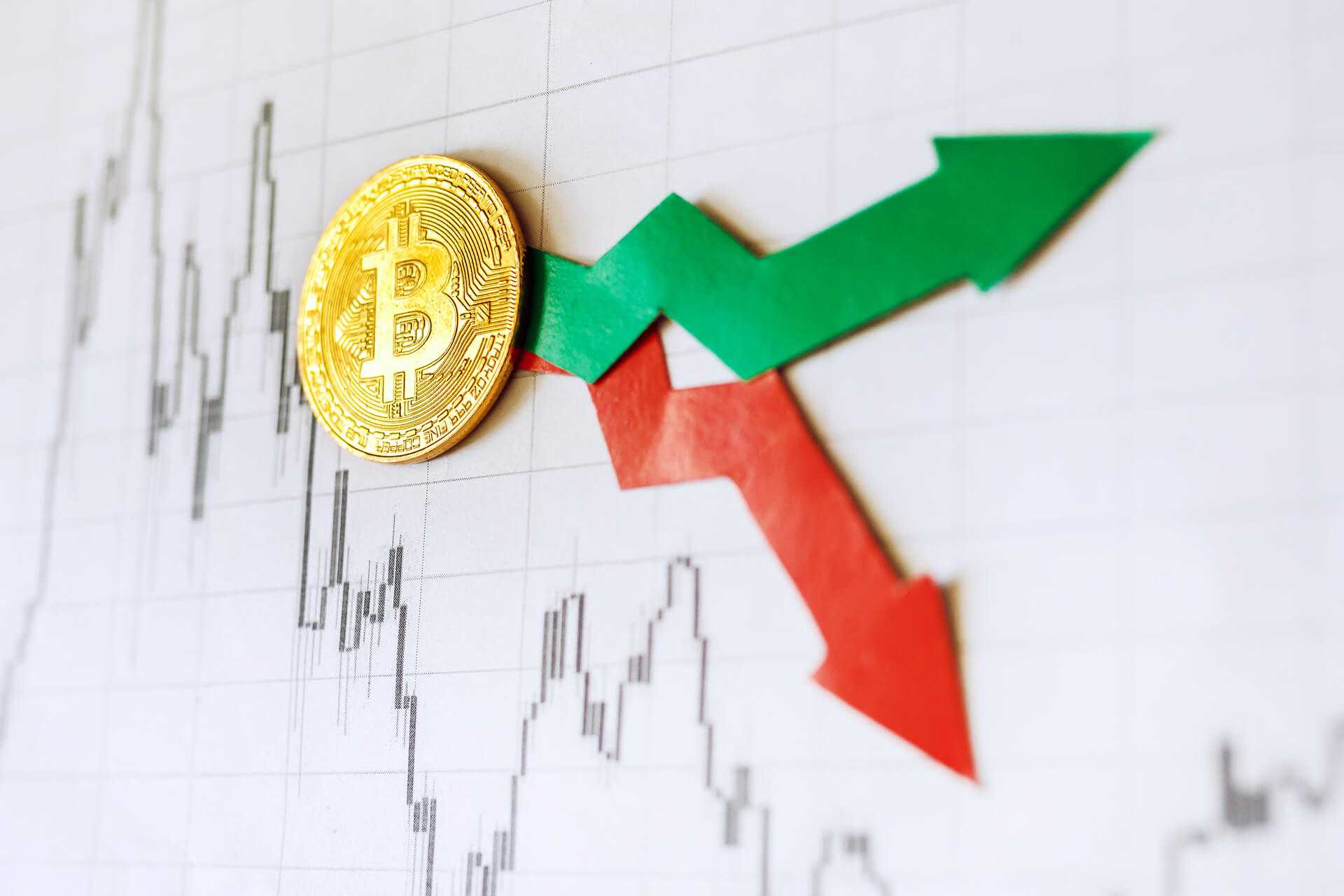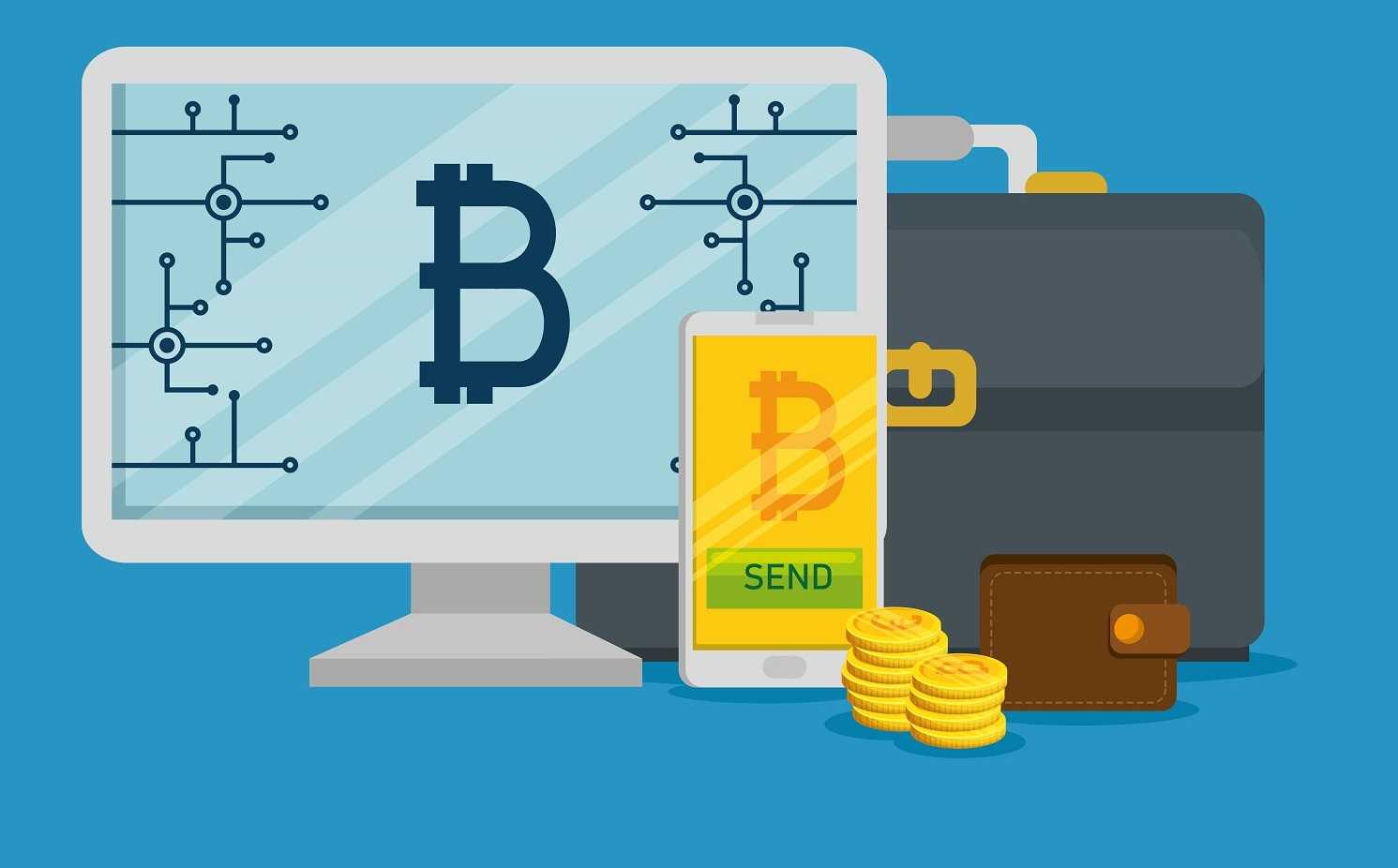
How to Buy Cryptocurrency and Keep It Secure
[ad_1]
When it comes to buying and storing cryptocurrency — whether you’re a crypto beginner or digital asset pro — this guide will give you a complete picture of your options.
3 Top Reasons People Are Buying Crypto Today
Today, more people are buying cryptocurrency than ever before.
And who can blame them?
As the 2010s drew to a close, it was bitcoin – not oil, gold or government bonds – that became the decade’s best-performing asset, and many dozens of other digital currencies have ridden the crest of its wave.
There are three main reasons why you might consider accumulating cryptocurrency:
- Low-Cost Transactions — Perhaps you are sick and tired of the existing monetary system and keen to transact with a fast, low-fee digital alternative; thousands of companies accept crypto (especially bitcoin) as a means of payment.
- Investment Potential — Maybe you wish to speculate by buying now and selling at a higher price later on.
- Other Financial Services — Or possibly you’d like to use cryptocurrency to interact with open finance protocols related to lending or savings, which cut out the middleman.
Let’s examine some of the best options available for storing cryptocurrency. We’ll also consider the best means of acquiring the cryptocurrency of your choice, using a variety of payment methods.
Let’s get to it.
3 Methods For Buying Cryptocurrency
There are many ways to acquire crypto: you can use your credit card, make a bank transfer, or use a payment solution like Skrill or Neteller. Even PayPal has entered the crypto biz. Let’s evaluate a few popular methods of buying bitcoin and other virtual currencies.
Here’s our summary video on how to buy cryptocurrency:
https://www.youtube.com/watch?v=ojsWAm5g4dU
Here are the top three funding options…
Funding Option 1: Credit or Debit Card
Most major crypto platforms have teamed up with payment processors to accept instant purchases using Visa or Mastercard (we’re one of them). This is a major boon for the industry, as it enables everyday users to buy some bitcoin or ether using a system they’re already familiar with.
It’s also easy with Kriptomat: a matter of selecting your cryptocurrency and the amount you’d like to purchase, entering your card details, previewing the transaction and then clicking to confirm. Buying with a card is preferential to bank transfer due to the wait times associated with the latter, which can be anywhere between three and eight days for clearance.
On the other hand, buying crypto with a credit/debit card can entail both a charge from your card issuer and a service fee from whichever platform you’re using. Entering your name, card number, expiration date and security code can also be a royal pain. What’s more, some banks add an extra confirmation stage before approving the transaction.
Here’s our video on buying crypto with your bank card
https://www.youtube.com/watch?v=rO1CiQAGa34
Other resources:
- How To Buy Bitcoin
- How To Buy Ethereum
Funding Option 2: SEPA Bank Transfer
The option to buy cryptocurrency using a SEPA bank transfer is undeniably appealing. After all, most people have a bank account but not everyone owns a credit card.
In most instances, buying bitcoin via SEPA is as simple as using a credit card. First you make a SEPA deposit to your Kriptomat account. (To do this, go to ‘Euro,’ select the deposit option and you’ll be provided the details you’ll need to make a SEPA deposit.) Once the deposit has been confirmed, your EUR balance will be credited and you can then make a purchase. Kriptomat applies a modest €1 fee for SEPA transfers.
There are, however, daily limits restricting how much you can spend on crypto. And while card payments are near instant, you’ll have to wait at least a few business days for a SEPA payment to clear before you can purchase your desired crypto. At Kriptomat, we also accept Sofort transfers, which work in exactly the same way.
Here’s our video on buying crypto via bank transfer
https://www.youtube.com/watch?v=u_CLWnvljTQ
Funding Option 3: Money Transfer Service
A raft of payment companies have announced support for cryptocurrency in recent years, a consequence of intense pressure from users and growing acceptance of digital assets.
Neteller, for example, lets users buy cryptocurrency using 28 fiat currencies with membership tiers determining daily limits, fees and processing speeds. Skrill also supports the conversion of 40 fiat currencies into digital cash, with 100+ deposit methods.
In 2020, following months of rumors, PayPal launched a new service enabling users to buy cryptocurrency and use it as a funding source for purchases at its 26 million global merchants. Only four assets will be supported initially: bitcoin, bitcoin cash, ethereum and litecoin.
Another popular transactional payment platform, especially in Latin America, is AstroPay. Users simply download a mobile app or buy an AstroPay card, top it up, and use it to pay for crypto. The good thing about AstroPay is that it doesn’t charge any fees for transfers. The downside is that it’s not as widely supported as the aforementioned options.
While AstroPay is popular throughout Latin America, citizens in many European countries favor Sofort, an online payment system that brings fast settlement to bank transfers. Essentially, customers use their own online banking data (BIC, bank code, name of bank) without giving the merchant personal information or card details. Because the seller receives a real-time transaction confirmation, you can receive your crypto without having to wait days for the funds to clear.
Kriptomat has included many of these types of providers into the Kriptomat application including Neteller, Skrill and Sofort. When you select one of these payment options with Kriptomat, you will be prompted to authenticate ownership of the respective account and then confirm the transaction. After the transaction between Skrill or Netelller has been authenticated, Kriptomat will instantly submit the purchase order.
Here’s our video on how to buy cryptocurrency with other payment methods:
https://www.youtube.com/watch?v=uYQFd3pfo88
Other Ways To Buy Bitcoin
This list is not exhaustive: it’s also possible to buy crypto using cash, and you don’t need to know someone willing to sell either; peer-to-peer (P2P) services like LocalCryptos pair buyers and sellers every day. Crypto-fiat banking services like Revolut and Wirex also allow users to buy cryptocurrency, however you can’t send crypto you purchase on Revolut outside of the platform (e.g. to an offline hardware wallet). Wirex, meanwhile, charges an account maintenance fee.
Once you’ve chosen how and where to buy crypto, you’ll then need somewhere to keep it!
How To Store Your Cryptocurrency Safely
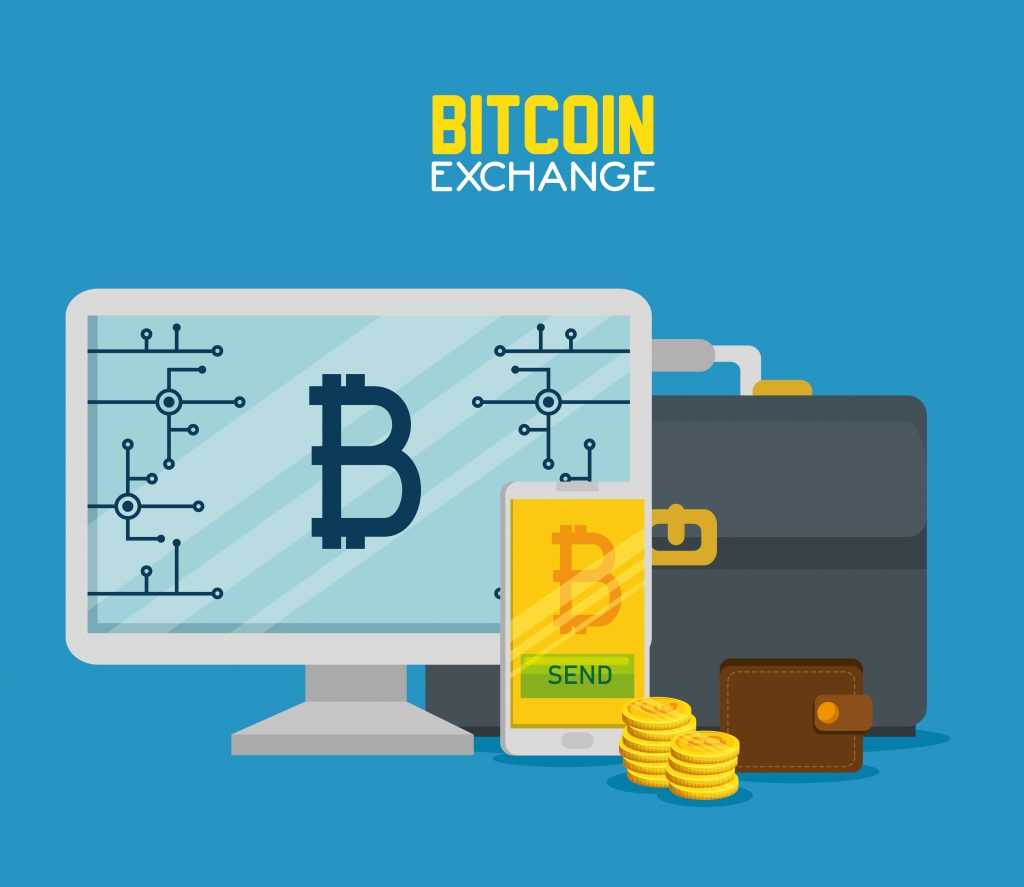
The number of blockchain wallets continues to rise, with well over 50 million currently in use.
These digital wallets support a range of cryptocurrencies including stablecoins (which are pegged 1:1 with a fiat equivalent like the U.S. dollar), native blockchain assets such as BTC, and tokens such as Ethereum’s ERC20 standard.
Even when you have chosen specific cryptocurrencies that you want to accumulate, keeping them safe is another critical piece of the puzzle. There are dozens of storage options, each with its benefits and trade-offs.
If you are new to the world of cryptocurrency, you might be shocked at the number of wallet options at your disposal. To the layman, bitcoin and other digital assets occupy a mysterious, shadowy realm — but there’s a reason why major fintechs are pledging their support and making it easier for users to have skin in the game.
How Crypto Wallets Work
While you’re weighing up your buying options, let’s consider the question of crypto wallets, which are analogous to online bank accounts. But unlike a bank, cryptocurrencies can’t be “frozen.” In essence, users act as their own bank – and therein lies the beauty of the technology.
Crypto wallets comprise a public key (also known as a public address), equivalent to a bank account number, and a private key, akin to a password.
It’s important to grasp that a crypto wallet does not literally store your coins inside it, but retains the private keys (‘password’) required to spend them.
The coins themselves actually exist on the blockchain — a distributed record of digital asset transactions.
Provided you own the private key and don’t share it with anyone, the corresponding assets are yours and yours only to spend.
Within a wallet, you can dispatch crypto to friends, family or merchants, receive tokens from others, view the value of your portfolio, and often swap between one asset and another. Some wallets enable you to buy crypto using various payment methods, too.
There is an abundance of desktop and mobile wallets that permit users to send, receive and store funds.
Let’s consider a few possibilities for securely storing your crypto.
Wallet Type 1: Custodial wallets
With custodial crypto wallets, the user does not receive a private key. Instead, the custodian – usually an exchange – acts much like a bank by protecting your crypto via various security mechanisms such as multisig. This is a convenient option for people who fear losing their private keys and thus access to their digital assets.
Although exchanges have been hacked over the years and users have lost funds, reputable crypto companies utilize highly secure cold storage to protect users’ assets.
Wallet Type 2: Noncustodial wallets
With a noncustodial wallet you’ll receive a private key that you must store in your own safe keeping – offline rather than on your computer.
You can import the key into any crypto wallet, which allows the wallet to access your assets from the blockchain. This means there’s no risk of losing your coins even if you misplace your phone or laptop or delete the software in question — as long as you have your private key!
Noncustodial wallets include:
- Paper wallets have a QR code or the full private key literally printed out onto a piece of paper.
- Metal wallets are typically a playing card size piece of metal (such as Titanium) on which the private key is engraved for a more durable approach to protecting your precious access to digital assets that you own.
- Digital hardware wallets are the most popular form of noncustodial wallet. These are small electronic devices which connect via USB or bluetooth. Impervious to computer viruses and malware (since they live offline), these devices typically offer additional security such as a PIN code and two-factor authentication (2FA). Your private keys are cryptographically secured on the hardware wallet and never exposed to being hacked or copied, and all transactions are verified via the wallet rather than online.
Noncustodial wallets are great, because the risk of losing your funds is miniscule. Your crypto is considered safe unless a malicious actor somehow comes across your keys, or you happen to lose your private key by misplacing it or in a flood or fire… or you are tricked into downloading a phoney wallet that gives thieving scoundrels access to your private keys.
So Which Option Is Best For You?
Cryptocurrency is precious. So is the wallet you use to store it. Do your research and choose a solution that balances security with accessibility. With the right digital wallet safeguarding your assets, you’ll sleep well and hodl for years.
If you’re quite new to cryptocurrency, the easiest way to get started is to rely on a custodial account with the familiarity of password protection that can be reset depending on ID verification, similar to your bank.
Buy & Store Cryptocurrency With Kriptomat
Let’s start with Kriptomat’s own user-friendly custodial crypto wallet.
When you register for a free Kriptomat account, you’ll receive Kriptomat digital wallets for popular cryptocurrencies like bitcoin and ethereum.
When you buy crypto via Kritptomat, your crypto is truly your own. There’s nothing stopping you from transferring your coins to a separate wallet if you prefer. Similarly, you can receive funds into your Kriptomat wallet from another wallet you own.
It’s all very intuitive, but if you have a question, just get in touch.
The Bottom Line
A series of multi-trillion stimulus injections from Central Banks are causing local currencies to reduce in purchasing power, which helps to demonstrate why cryptocurrency may be seen as a hedge against inflation or a possible life changing investment by millions of people around the world.
Get started today and we’ll help you through every step of the way.
[Buy Cryptocurrency]
[ad_2]
Source link


